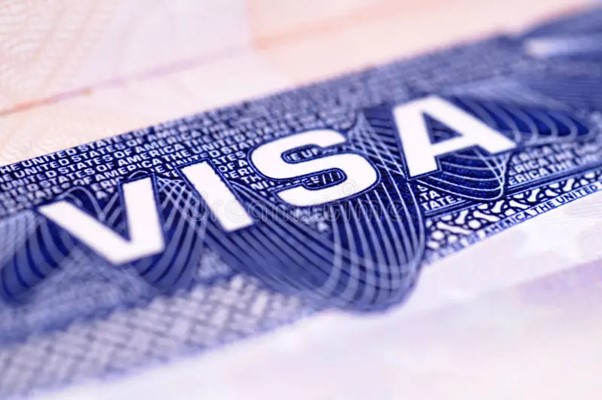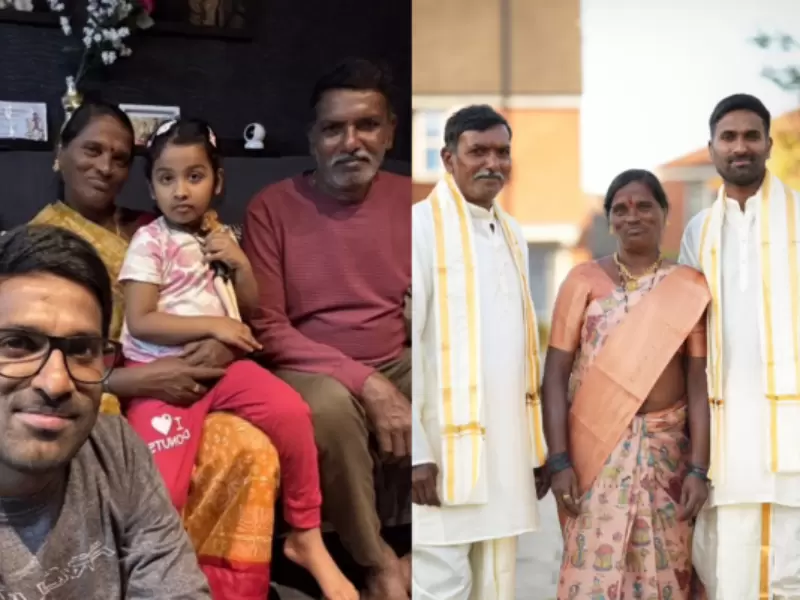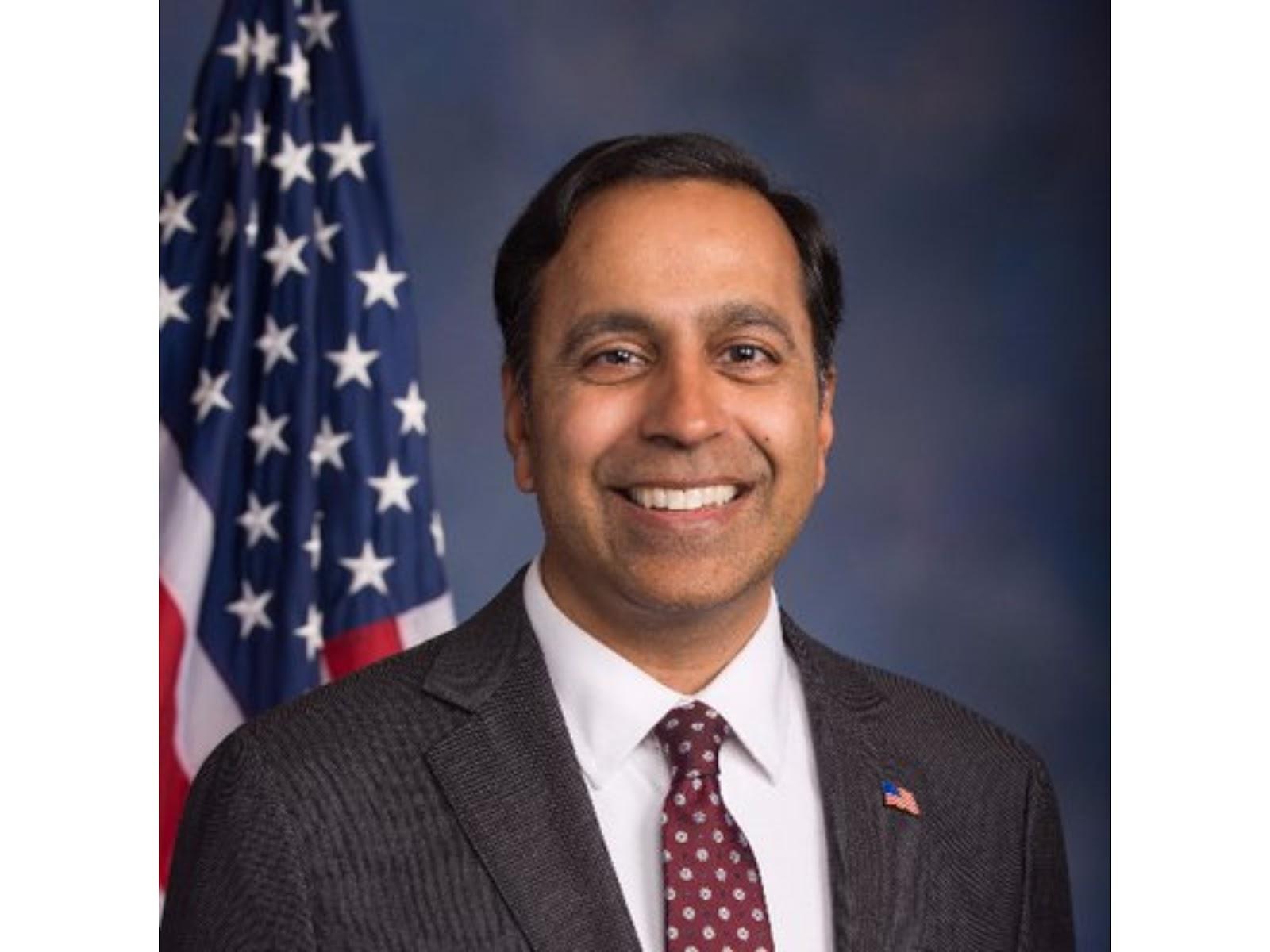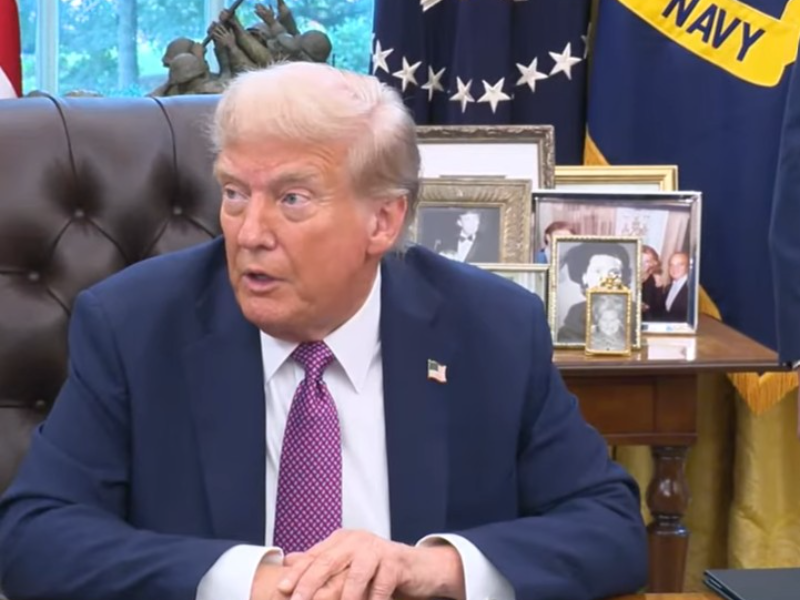Immigrants with underlying health conditions may be denied U.S. visas: Report
The internal guidance expands health-based scrutiny in U.S. visa decisions.
 H-1B Visa Program representative image / (Photo: iStock)
H-1B Visa Program representative image / (Photo: iStock)
A new directive issued by the Trump administration could result in visa denials for immigrants with underlying health conditions, including diabetes, obesity, and cardiovascular diseases.
The cable, sent by the State Department to embassies and consular officials last week, instructs visa officers to deem applicants ineligible if their medical conditions, age, or financial status suggest they may become a “public charge,” or a potential burden on U.S. resources, according to KFF Health News.
Also Read: India issues first chip-enabled e-Passport in Perth
The guidance marks a significant expansion of health-related considerations in the visa screening process.
The cable states that an applicant’s health must be considered and notes that conditions such as cardiovascular disease, respiratory ailments, cancers, diabetes, metabolic disorders, neurological diseases, and mental health conditions can require hundreds of thousands of dollars’ worth of care.
Experts say that while immigrant health screenings have traditionally focused on communicable diseases and vaccination status, the broadened criteria hand officers wider discretion to deny visas based on long-term or non-communicable conditions.
The directive aligns with the administration’s wider efforts to tighten immigration controls through measures such as mass arrests, refugee bans, and plans to sharply reduce the number of people permitted to enter the country.
The cable also encourages officers to weigh conditions such as obesity, which can lead to asthma, sleep apnea, and high blood pressure, when determining whether an applicant may require “expensive, long-term care.”
It further instructed to consider the health of family members, including dependents who may require significant care and could affect the applicant’s ability to maintain employment.
Immigrant visa applicants already undergo medical examinations by U.S.-approved physicians, who screen for communicable diseases like tuberculosis and collect information on substance use history, mental health conditions, and vaccination records for illnesses such as measles, polio, and hepatitis B.
The State Department has not responded to requests for comment on the expanded guidelines.
Some reports say that the directive represents a significant shift in visa adjudication policy, moving beyond traditional concerns about communicable diseases to include a broad range of chronic health conditions and projected future medical costs.
Under the new framework, visa applicants with common health conditions may face heightened scrutiny and potential denials if consular officers determine they are likely to become a public charge.
ADVERTISEMENT
ADVERTISEMENT
E Paper
Video



 Malvika Choudhary
Malvika Choudhary











Comments
Start the conversation
Become a member of New India Abroad to start commenting.
Sign Up Now
Already have an account? Login